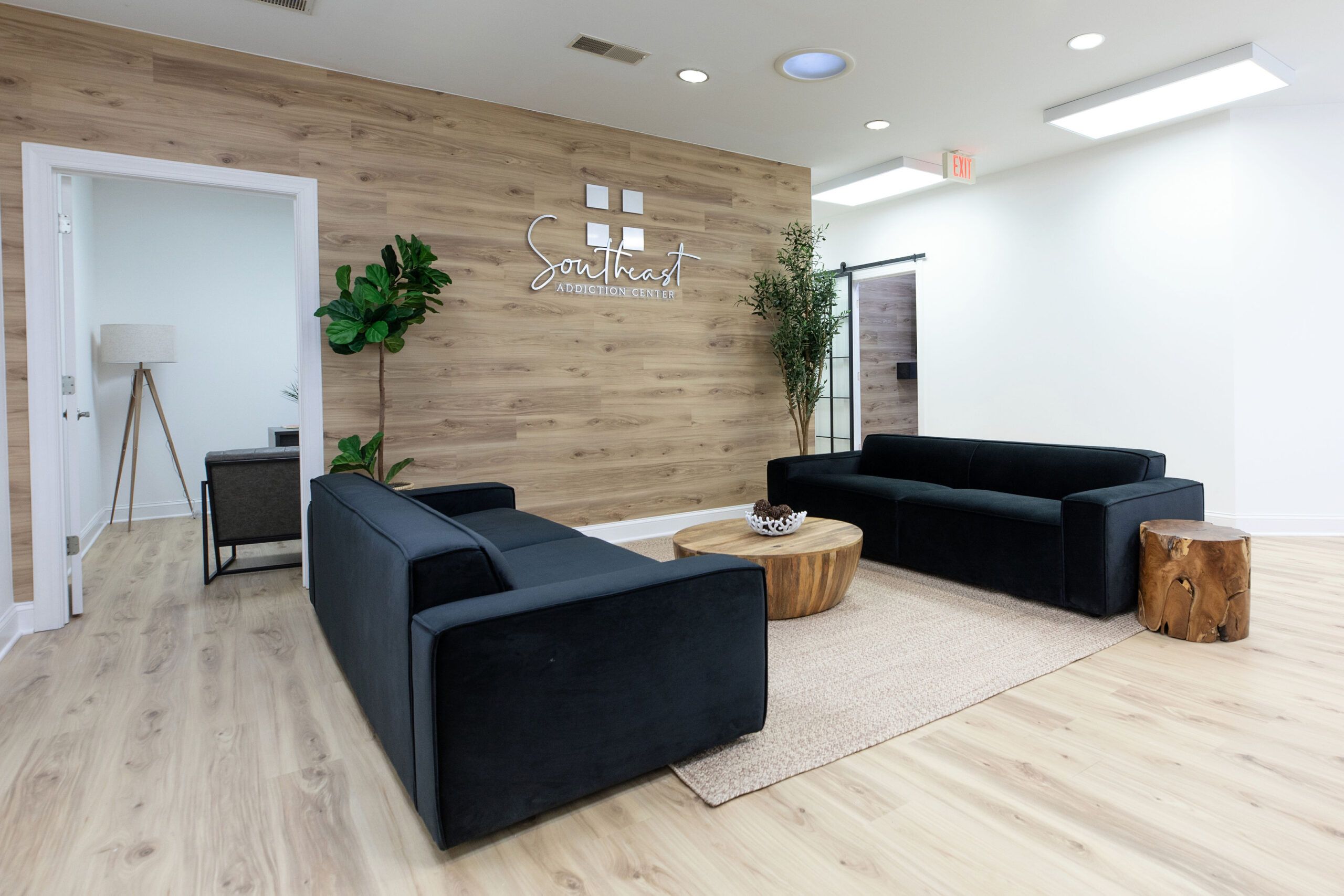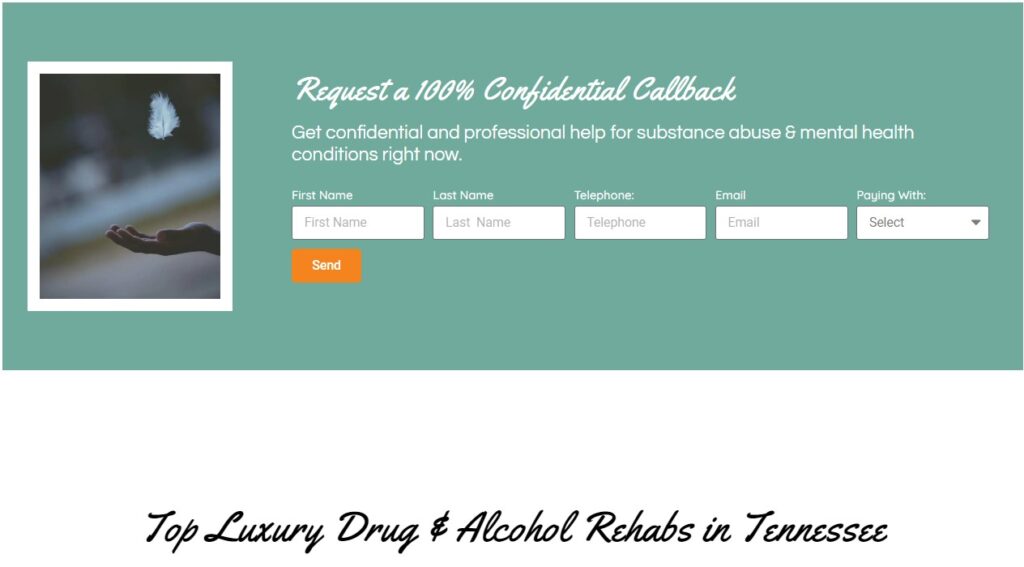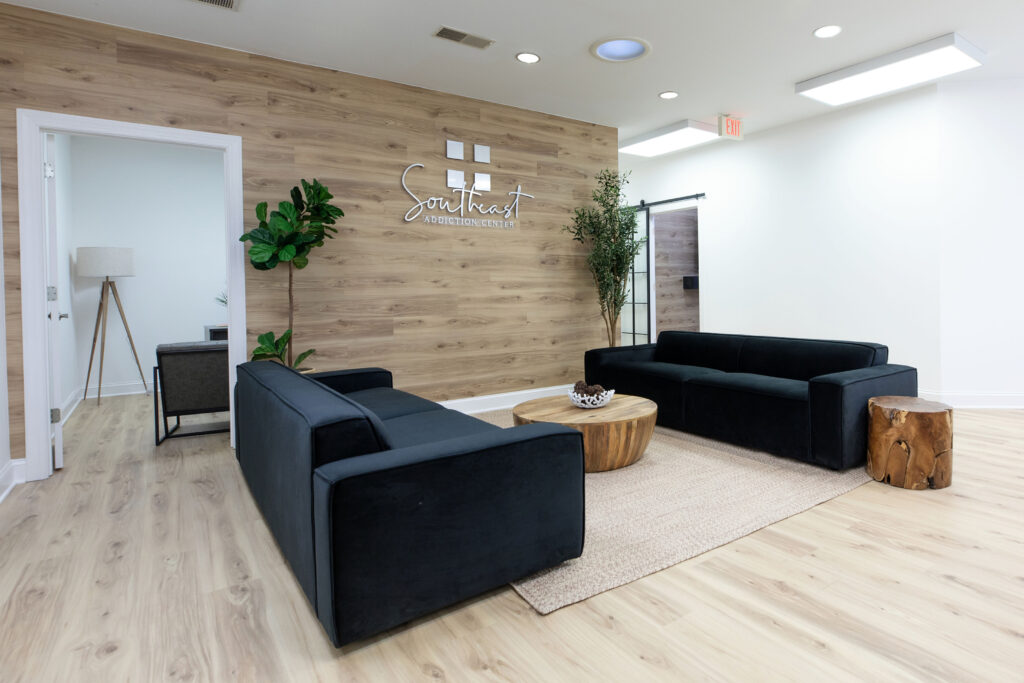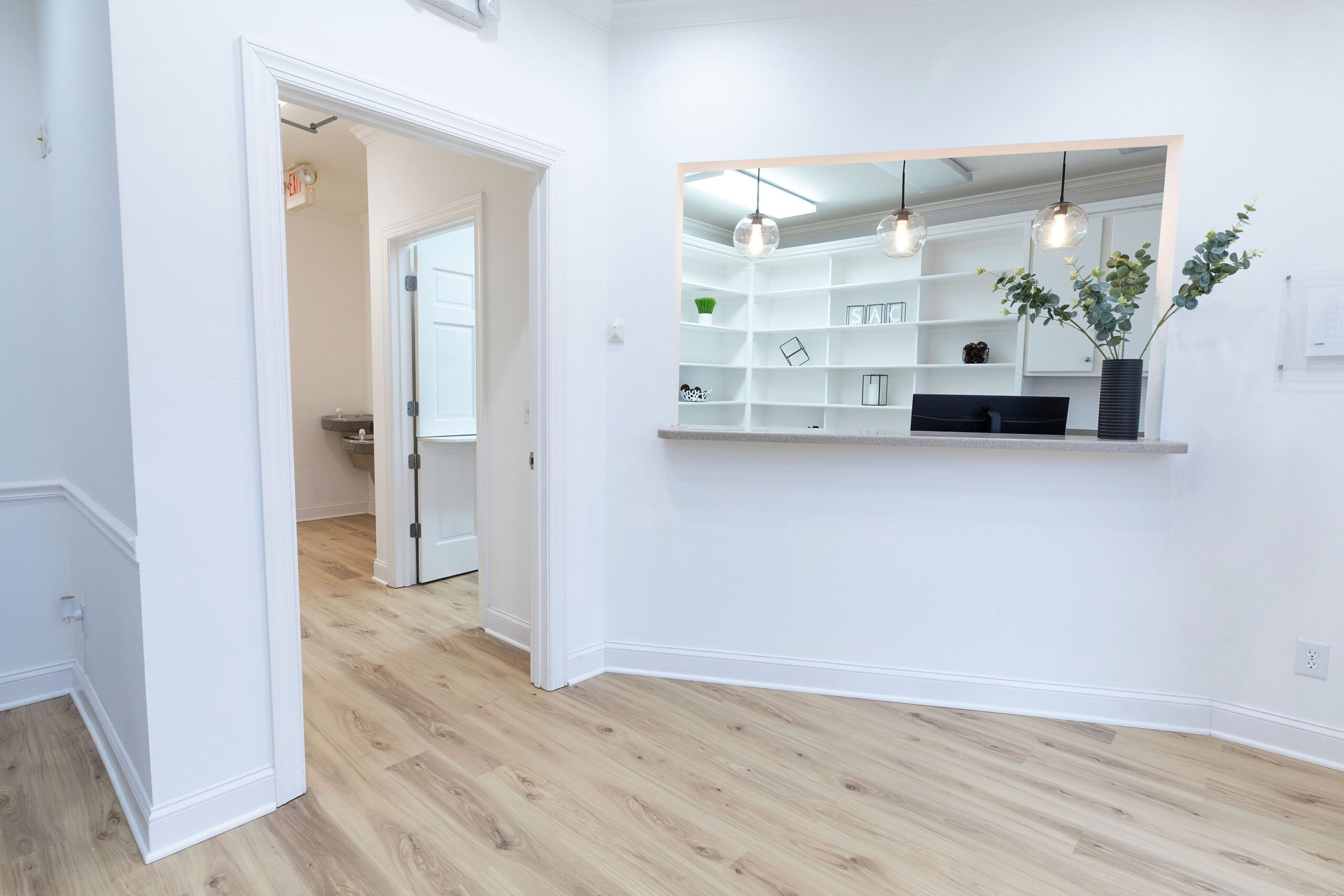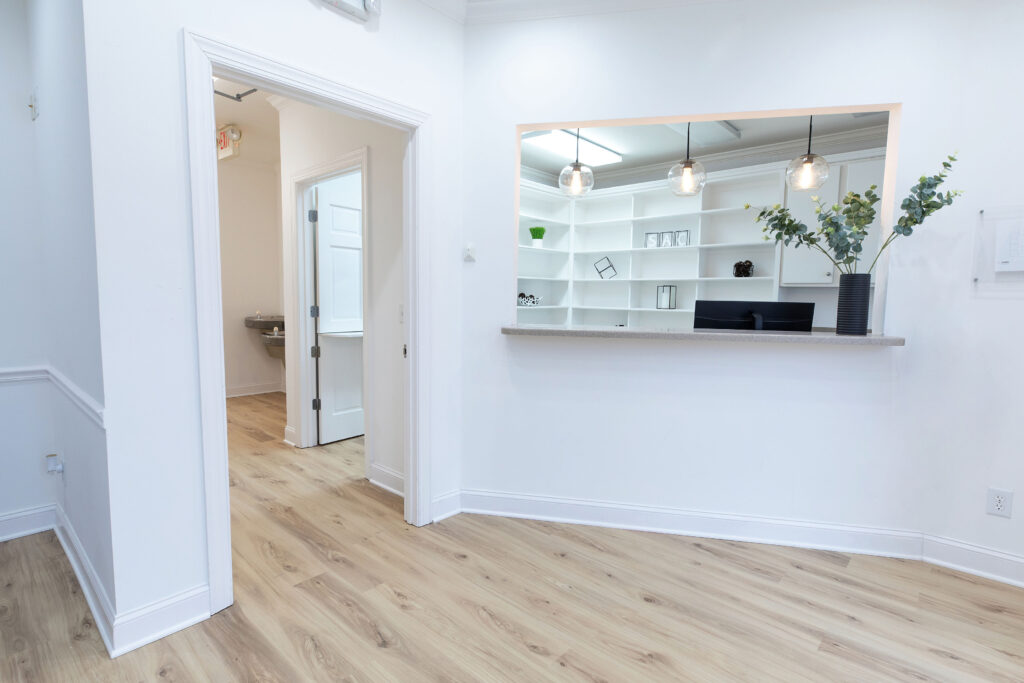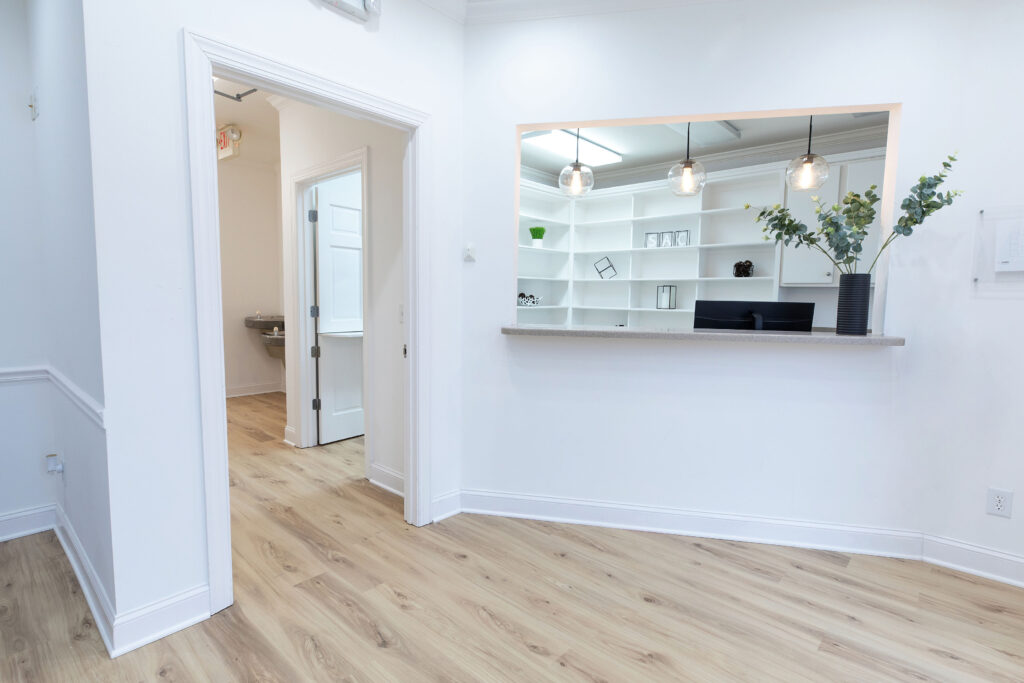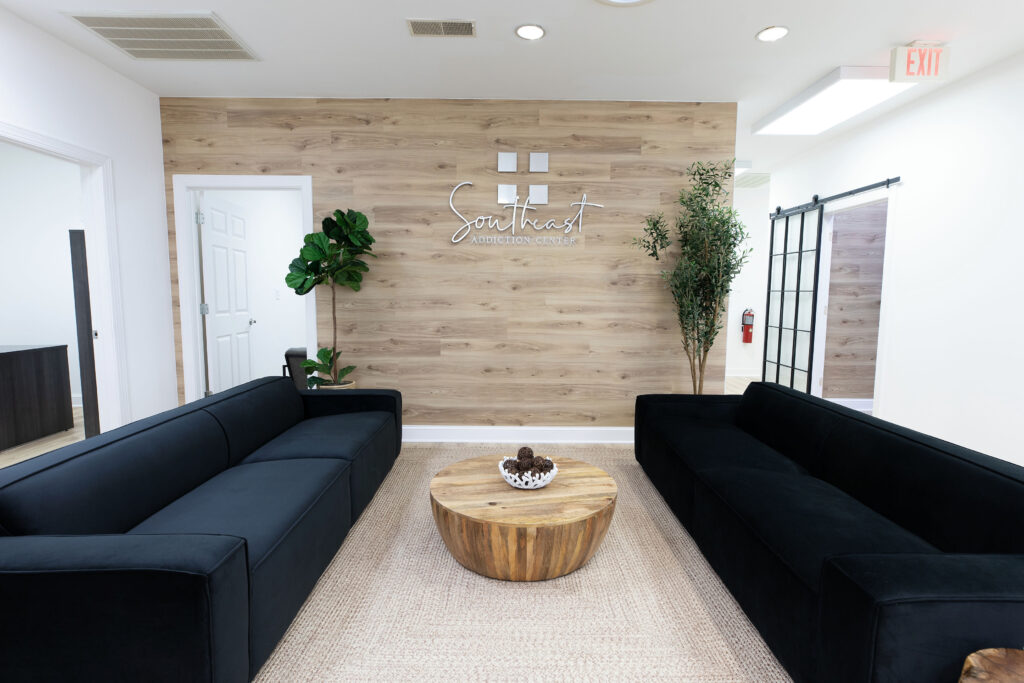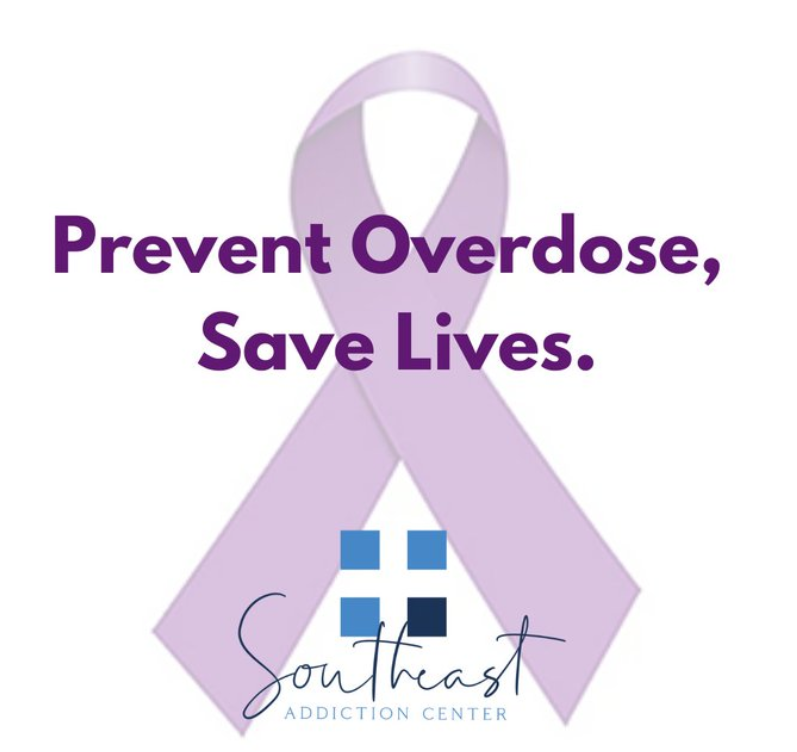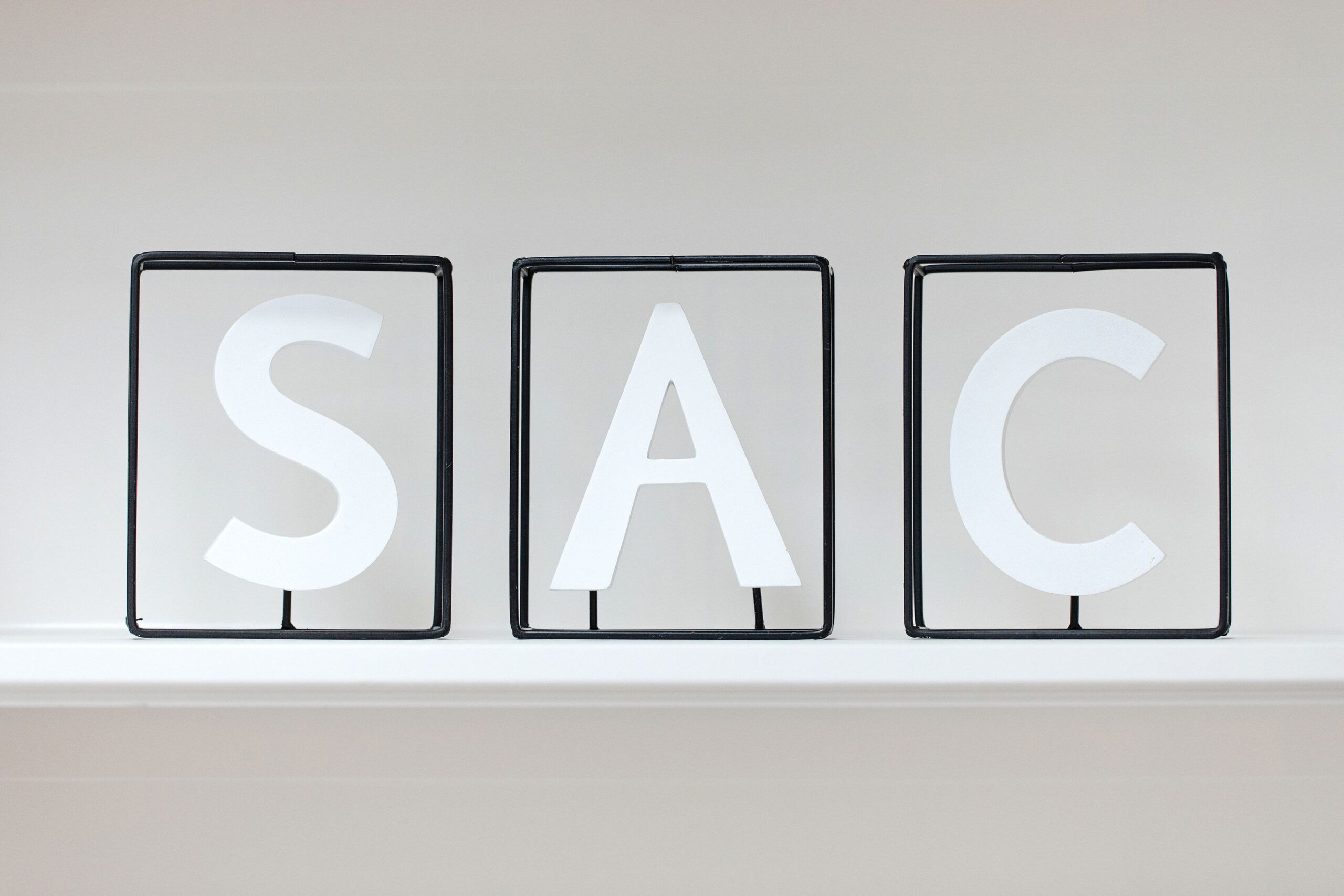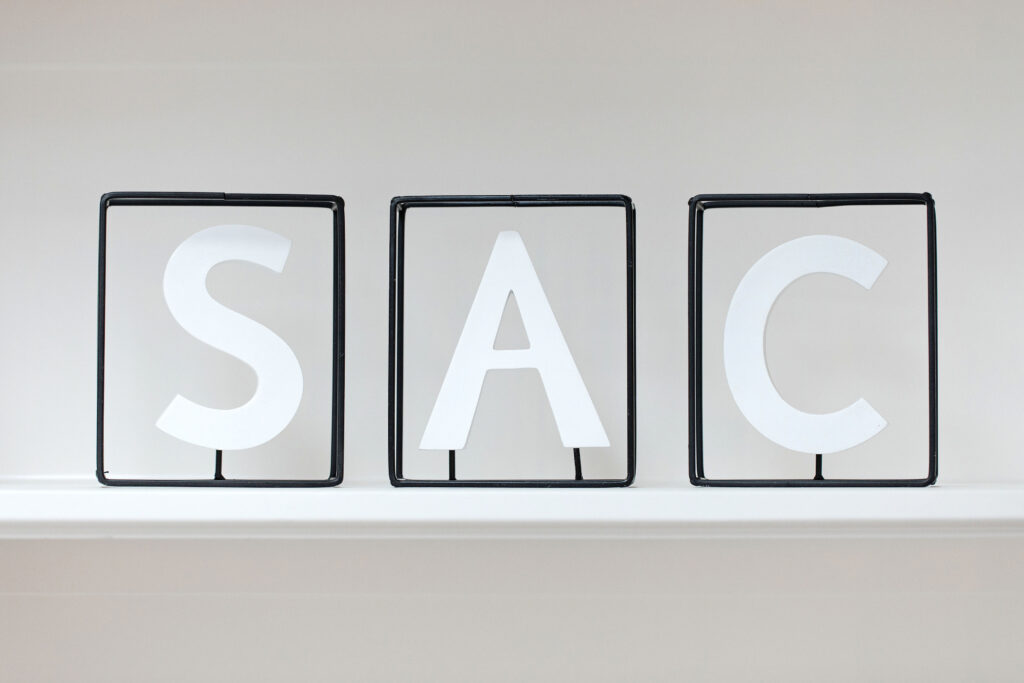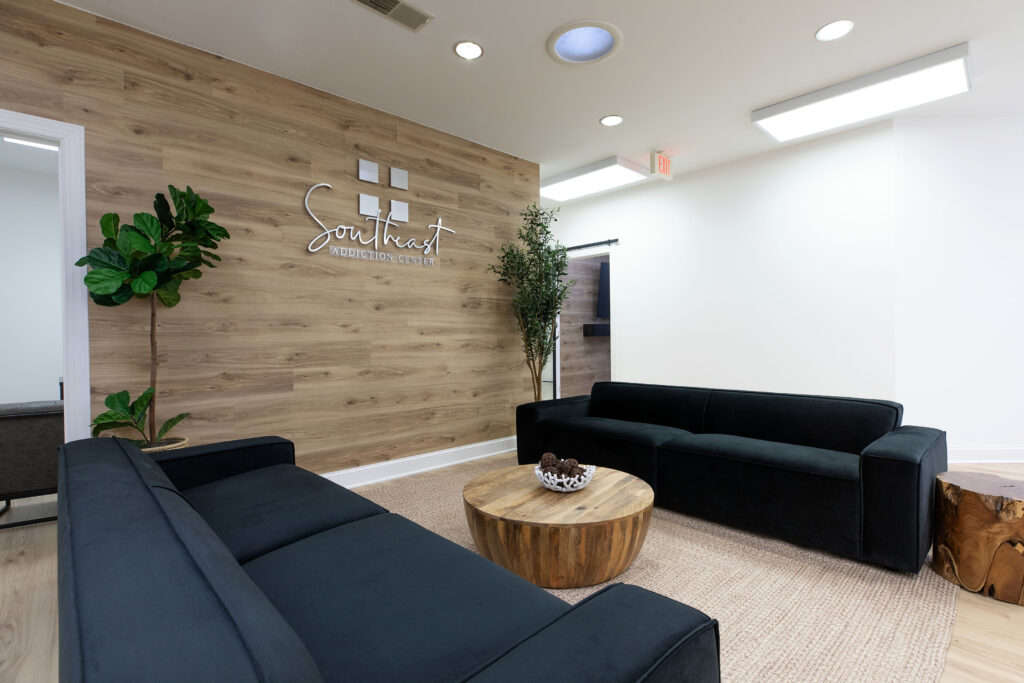Get Effective Suboxone Treatment for Addiction Today!

Suboxone Therapy TN
Opioid addiction, affecting millions worldwide, is a complex condition where the brain becomes dependent on powerful pain-relieving drugs like morphine and heroin. This dependency leads to intense cravings, withdrawal symptoms, increased tolerance, and various negative consequences.
Addressing the urgent need for effective treatments, Suboxone plays a vital role in overcoming opioid addiction. Its combination of buprenorphine and naloxone alleviates cravings, manages withdrawal symptoms, and prevents relapse.
Challenges of Opioid Addiction:
- Severe physical and mental health complications
- Disruption of personal and professional life
- Excruciating withdrawal symptoms and persistent cravings
Professional Assistance:
- Addiction medicine specialists offer evidence-based therapies
- Support throughout all recovery stages for better outcomes
Crucial Role of Suboxone:
- Highly effective in opioid dependency treatment
- Alleviates cravings, manages withdrawal, and prevents relapse
- Integral part of Medication-Assisted Therapy (MAT) for addiction
Unlocking Suboxone Therapy:
- Suboxone contains buprenorphine (partial opioid agonist) and naloxone (opioid antagonist).
- Alleviates withdrawal symptoms and cravings under medical supervision.
- Balances harm reduction with stabilization for effective addiction management.
Effectiveness of Suboxone Treatment:
- Success stories and statistics highlight engagement and improved outcomes.
- Compares favorably with other methods, offering a smoother transition.
- Long-term benefits include craving reduction and improved patient functioning.
Managing Side Effects:
- Common side effects include nausea, headache, constipation, and insomnia.
- Tips for managing side effects without discontinuing treatment.
- Emphasizes the significance of adhering to the treatment plan for optimal recovery.

Considering Suboxone Treatment:
- Essential points for decision-making, including addiction severity and previous treatment history.
- Considers abstinence vs. harm reduction, medical background, and support network.
- Encourages consultation with specialists for personalized guidance and commitment to the prescribed regimen.
Opioid addiction ravages lives and families. These highly potent pain meds hook into brain receptors, fostering euphoria and physical dependence. The spiral is vicious – addicts crave higher doses as tolerance builds, personal responsibilities crumble, relationships strain. It’s a true public health crisis demanding effective solutions.
Overcoming Opioid Addiction’s Massive Hurdles
The challenges are immense yet surmountable with professional help. Why go it alone when expert guidance provides a customized, proven path out of the abyss? Healthcare providers supply vital support through every stage of this grueling journey. Withdrawal alone is sheer torment – agonizing physical and psychological torture. But powerful, FDA-approved medications like Suboxone curb cravings and ease detox discomfort when part of a comprehensive treatment plan.
The Suboxone Gamechanger for Defeating Addiction
Just what is this medication revolutionizing opioid treatment? A potent mix of buprenorphine (a partial opioid agonist) and naloxone (an opioid blocker). Ingeniously, buprenorphine binds to receptors, suppressing cravings and withdrawal without the euphoric high. While naloxone acts as a safeguard, neutralizing opioid effects if abused. Taming two foes at once – genius!
Tailoring Treatment for Maximal Results
Every recovery journey looks different, so treatment must be personalized. Typically, addiction specialists conduct extensive evaluations (medical history, substance use patterns, mental health screening). Then an individualized plan deploys Suboxone alongside supportive counseling and holistic therapies. Regular monitoring with medication adjustments optimizes outcomes. It’s a long haul, but infinitely rewarding.
Success Stories Proving Suboxone’s Power
The effectiveness of Suboxone treatment is underscored by success stories, statistical evidence, and a favorable comparison with alternative methods. By balancing harm reduction with stabilization, Suboxone not only offers relief during detoxification but also enables individuals to regain control over their lives and embark on a journey towards lasting recovery.
The proof is in the transformed lives. Research shows Suboxone patients stick with recovery efforts longer than non-medicated routes, doubling their chances of kicking addiction for good. Powerful stuff! Withdrawal symptoms like bone-deep aches, nausea, and sleeplessness simply dissolve. Suddenly cravings don’t torment every waking moment. For so many, Suboxone is a lifeline.
Managing Side Effects Head-On
Like any medication, some minor side effects may occur – nausea, headaches, constipation. But with smarter dosing and simple remedies, these typical hiccups are just temporary bumps. The transformative benefits massively outweigh small hassles for most patients. Open communication with providers ensures rapid symptom relief too.
Renewed Hope for a Brighter Future
No more suffering in addiction’s grip when evidence-based Suboxone treatment offers rebirth. But don’t go it alone – expert guidance from addictionologists creates the highest promises of lasting recovery. Regaining purpose, repairing relationships, reclaiming life…it all starts with that first step. Why keep struggling against this powerful disease? Empower yourself by exploring if Suboxone is YOUR way out.

1. Common Side Effects of Suboxone
- Nausea or vomiting: Some individuals may experience mild nausea or vomiting when initiating Suboxone treatment. Typically, these symptoms subside within a few days as your body adjusts to the medication.
- Headache: Headaches are another common side effect during the initial stages of treatment but tend to diminish over time.
- Constipation: Opioid medications like Suboxone can lead to constipation. It is essential to maintain a balanced diet with sufficient fiber intake and stay hydrated while on this medication.
- Insomnia or drowsiness: Some individuals may encounter difficulty sleeping or excessive drowsiness while undergoing Suboxone therapy. These issues usually resolve as your body gets accustomed to the medication.
2. Tips for Managing These Side Effects
Managing potential side effects is addressed with practical tips, emphasizing the importance of adhering to the prescribed treatment plan. Decision-making considerations, such as addiction severity, treatment history, and a support network, are crucial for those contemplating Suboxone treatment.
If you feel discomfort from side effects, don’t stop your medication without talking to your healthcare provider. Nausea or vomiting: Eating with Suboxone can ease nausea. Headache: Try Tylenol or Advil for Suboxone headaches. Constipation: Eat more fiber and drink water to prevent constipation on Suboxone. Insomnia or drowsiness: Talk to your provider about adjusting timing for better sleep.
3. The Significance of Adhering to the Treatment Plan
To maximize your chances of successful recovery from opioid dependence, it’s vital to diligently follow your prescribed Suboxone treatment plan.
By closely adhering to the guidance of addiction recovery specialists and using evidence-based practices with Suboxone, you increase your likelihood of optimal outcomes. Remember, consult a doctor before making any changes to your treatment plan! ‘
Considering Suboxone Treatment for Opioid Addiction? Choosing the right treatment involves careful consideration of key factors. Here are essential points to help guide your decision:
1. Addiction Severity
Assess the severity of your addiction and its impact on your life. If you have been grappling with long-term opioid use and have developed significant physical and psychological dependence, Suboxone treatment may be a viable solution.
2. Previous Treatment History
Reflect on any past attempts at overcoming opioid addiction. If previous methods have not yielded success or if relapses have occurred post-treatment, Suboxone therapy offers a fresh approach that addresses both cravings and underlying issues associated with addiction.
3. Abstinence vs Harm Reduction
Consider whether the goal is complete abstinence or harm reduction through medication-assisted treatment (MAT). Suboxone enables individuals to manage addiction while alleviating withdrawal symptoms and cravings, fostering stability in the recovery process.
1. Considering Medical Background:
- Take into account existing medical conditions, such as co-occurring mental health disorders or chronic pain issues. Suboxone effectively caters to these complex needs by integrating medication therapy with counseling services.
2. Assessing Support Network:
Evaluate the level of support available throughout the recovery journey. Surrounding oneself with family members, friends, or engaging in support groups enhances the efficacy of suboxone treatment.
3. Consultation with Specialists:
Before initiating Suboxone treatment, seek guidance from addiction medicine specialists. Experienced providers, such as psychiatrists or primary care physicians, can assess needs, create a tailored treatment plan and monitor progress throughout the journey.
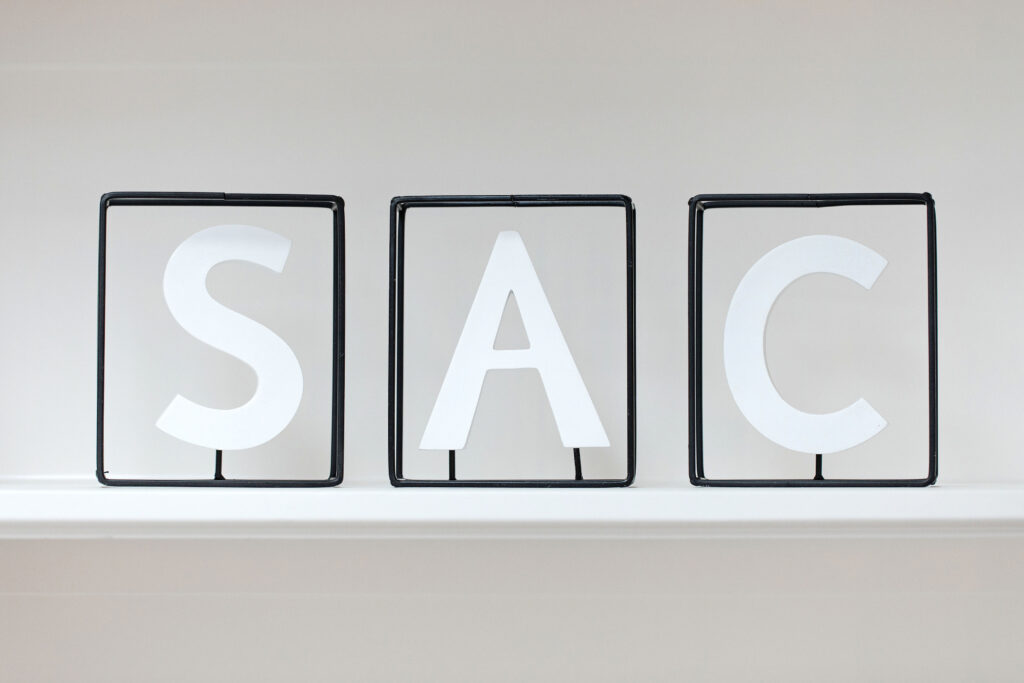
Commitment to the prescribed medication regimen and counseling sessions under expert supervision increases the likelihood of overcoming opioid addiction. This holistic approach emphasizes personalized care and informed decision-making for individuals on the path to recovery.
In conclusion, Suboxone treatment emerges as a pivotal and effective solution in the complex landscape of opioid addiction. This comprehensive guide has highlighted the challenges posed by opioid dependency, emphasizing the urgent need for professional intervention. Suboxone, with its unique blend of buprenorphine and naloxone, plays a crucial role in overcoming these challenges by alleviating cravings, managing withdrawal symptoms, and preventing relapse.
Ultimately, Southeast Addiction, TN seeks to empower individuals grappling with opioid addiction, encouraging them to consult with their specialists, commit to the prescribed regimen, and embark on a personalized path to recovery. Southeast Addiction, TN suboxone treatment stands as a beacon of hope, providing a comprehensive and effective approach to overcoming the challenges of opioid dependence.

